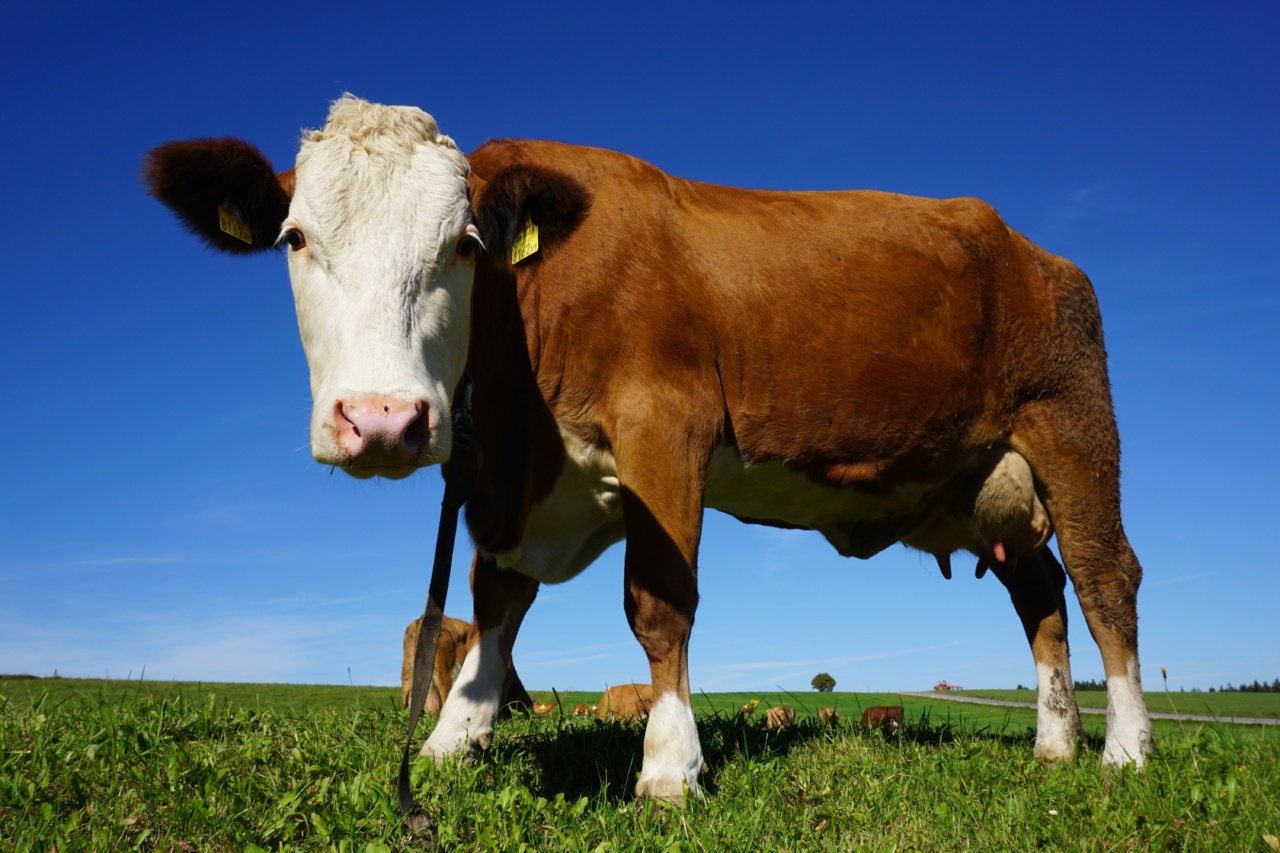Parkinson’s disease is a debilitating condition that affects millions of people worldwide. While there is still no cure for this condition, researchers continue to study potential risk factors and prevention methods.
One area of interest is the relationship between low-fat dairy and Parkinson’s disease. Some studies suggest a possible connection, while others have found no evidence of such a link. This article will explore the current research on this topic and provide a comprehensive overview of what we currently know.
What is Parkinson’s Disease?
Parkinson’s disease is a neurological disorder that affects movement. It occurs when the brain cells that produce dopamine, a neurotransmitter that controls movement, start to die.
Some of the common symptoms of Parkinson’s disease include tremors, rigidity, and difficulty with balance and coordination. This condition can also cause non-motor symptoms such as depression, constipation, and sleep disturbances.
The Role of Diet in Parkinson’s Disease
There is increasing evidence to suggest that diet plays a role in the development and progression of Parkinson’s disease.
One study found that individuals who consumed a higher amount of dietary fat had a greater risk of developing Parkinson’s disease than those who consumed lower amounts of fat. Another study found that a diet rich in fruits, vegetables, and whole grains was associated with a lower risk of Parkinson’s disease.
The Evidence: Low-fat Dairy and Parkinson’s Disease
Low-fat dairy has been a topic of interest among researchers studying Parkinson’s disease. Some studies have suggested that consuming low-fat dairy products may be associated with a higher risk of developing Parkinson’s disease.
For example, a 2014 study published in the journal Neurology found that individuals who consumed at least three servings of low-fat milk per day had a higher risk of developing Parkinson’s disease than those who consumed less than one serving per day.
However, not all studies have found a link between low-fat dairy and Parkinson’s disease. A 2015 study published in the journal Movement Disorders found no association between low-fat dairy consumption and Parkinson’s disease risk.
The researchers analyzed data from over 130,000 men and women and found no evidence to suggest that low-fat dairy intake increased the risk of developing Parkinson’s disease.
Possible Explanations for the Conflicting Evidence
The conflicting evidence regarding low-fat dairy and Parkinson’s disease risk may be due to various factors. One possible explanation is the difference in types of dairy products consumed.
For instance, some studies have found an association between high-fat dairy or cheese consumption and Parkinson’s disease risk, whereas others have found no link between these factors. Additionally, the method of dairy processing may play a role. The processing method can affect the composition of dairy products and potentially impact their health effects.
Conclusion
The current research on low-fat dairy and Parkinson’s disease is mixed. While some studies have suggested a possible association, others have found no evidence to support this claim.
Further research is needed to fully understand the relationship between low-fat dairy and Parkinson’s disease risk.




























